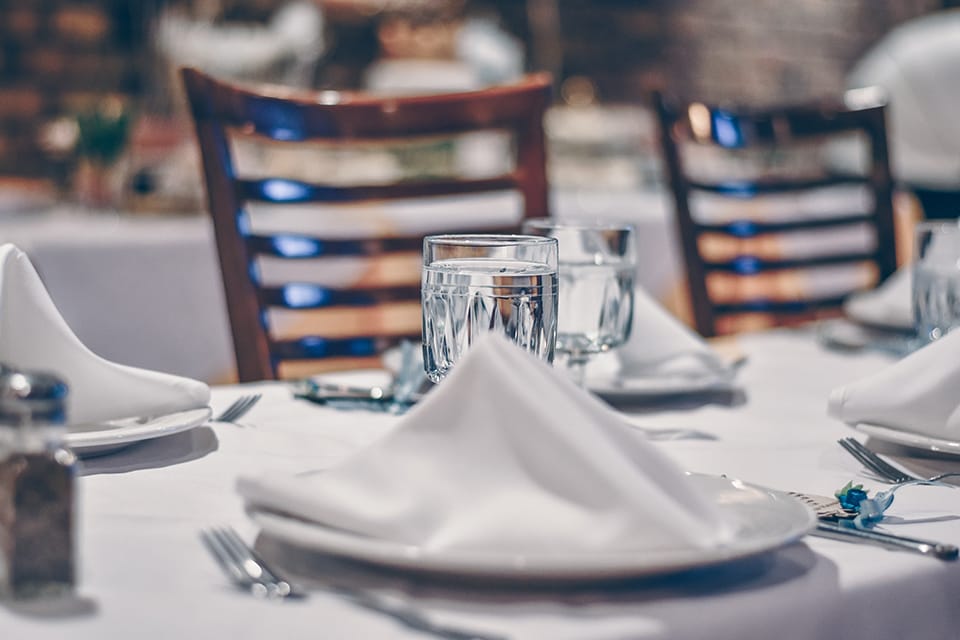IRS Released Guidance on Meal and Entertainment Expense Deductions
Share post:

In recently-proposed regulations, the IRS states that, in general, taxpayers can deduct 50% of the ordinary food and beverage expenses necessary for operating their trade or business. Similar to before, the expenses may not be lavish or extravagant as related to the context in which they are used, and the taxpayer or employee must be present. The IRS noted that taxpayers and professionals may rely on this guidance in the notice until the regulations are finalized.
This transitional guidance is in response to uncertainty surrounding the changes made under Sec. 274 meal and entertainment expense deductions released under the TCJA, as taxpayers and tax professionals alike requested clarity on these groundbreaking new rules.
Before tax reform, the law stated that businesses could deduct 50% of meals and entertainment directly related to a taxpayer’s trade or business. Under the TCJA, the meals deduction stayed, but the partial deduction for entertainment, amusement, or recreation was removed, making these 100% nondeductible. Since meals and entertainment were historically linked, and most often combined in taxpayers accounting records, it was uncertain which food and beverage may fall under entertainment if the expenses were connected through a related event or activity.
According to the guidance, taxpayers may deduct 50 percent of an allowable business meal expense if:
- The expense is an ordinary and necessary expense under §162(a) paid or incurred during the taxable year in carrying on any trade or business;
- The expense is not lavish or extravagant under the circumstances;
- The taxpayer, or an employee of the taxpayer, is present at the furnishing of
the food or beverages;
- The food and beverages are provided to a current or potential business
customer, client, consultant, or similar business contact; and
- In the case of food and beverages provided during or at an entertainment activity, the food and beverages are purchased separately from the entertainment, or the cost of the food and beverages is stated separately from the cost of the entertainment on one or more bills, invoices, or receipts. The entertainment disallowance rule may not be circumvented through inflating the amount charged for food and beverages.
The notice also gives the following examples to distinguish between allowable food and beverage expenses and unqualifying entertainment expenses, even if the two parallel in the same event.
- Taxpayer A invites B, a business associate, to a baseball game to discuss a proposed business deal. A purchases tickets for A and B to attend the game. The baseball game is entertainment, and thus, the cost of the tickets is an entertainment expenditure and is not deductible by A.
- Assume the same facts as above except that A also buys hot dogs and drinks for A and B. The cost of the hot dogs and drinks, which are purchased separately from the game tickets, is not an entertainment expenditure. Therefore, A may deduct 50% of the expenses associated with the hot dogs and drinks purchased at the game if they otherwise meet the deductibility requirements.
The proposed regulations give several additional examples and confirm the nine exceptions where some food and beverage or entertainment expenses may be partially or even 100% deductible. The most common exception is the 100% deduction allowed for recreational, social, or similar activities provided primarily for the benefit of employees and not limited to highly compensated employees or owners. This is welcomed news to many companies and generally applies to holiday parties, retirement celebrations, and other company events.
If you have any questions regarding this notice, please contact me at jsheffield@bpw.com or (805) 963-7811.
